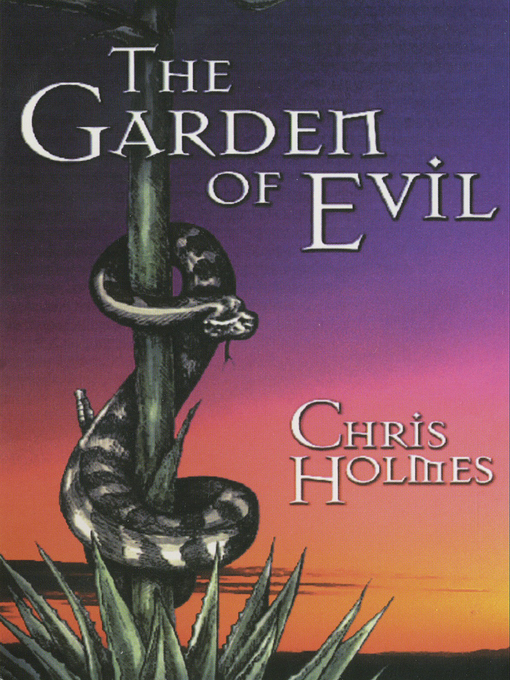
Instead, he unpacks a tool box of theological, philosophical and Biblical perspectives on these age-old questions. Fulgham engages the questions of why there is evil in the world and why people must suffer? He offers no pat answers.

Professor of Divinity, Emeritus Samford Universityĭr. What we have here is truly “a caregiver’s theodicy,” to use one of his lapidary phrases, and I recommend it to any reader who is serious both about caring for hurting people and about trusting in God. But there is nothing theoretical about his objective which is practical from beginning to end, for he has a deep pastoral concern for helping people who are suffering. He draws on sources that range from the Bible and the church fathers (especially Irenaeus) to modern theologians and modern philosophers (especially John Hick) in his struggle to comprehend this thorniest of all issues. For doubters who believe and believers who doubt, this journey to the garden of good and evil will be an enjoyable and fruitful endeavor.Īs I read Evil & the Garden of Good I could almost visualize Page Fulgham wrestling with the theoretical question of why the world that was created by God, who is thought to be all-loving and all-powerful, contains so much innocent, involuntary, pointless, human suffering.

The book weaves together the words of Scripture, the wisdom of theologians as well as ordinary and extraordinary human experiences to offer not a simple answer, but a helpful new perspective on this ageless paradox. Page Fulgham confronts the profound issues of theodicy, evil, and suffering, with candor and courage. Drawing on his years of theological study and pastoral experience, Page Fulgham has written a pastorally sensitive search for a theological response to our pleading question, “Where is God?” This book can be a lifeline for anyone who stands on the precipice of despair, looking for some way to believe in God’s providence.ĭean and Professor Emeritus McAfee School of Theology, Mercer University

Life’s cruelest blows-tragedy, pain, and suffering-raise the ultimate human questions, to which well-meaning Christians often respond with trite platitudes and perverse theology.


 0 kommentar(er)
0 kommentar(er)
